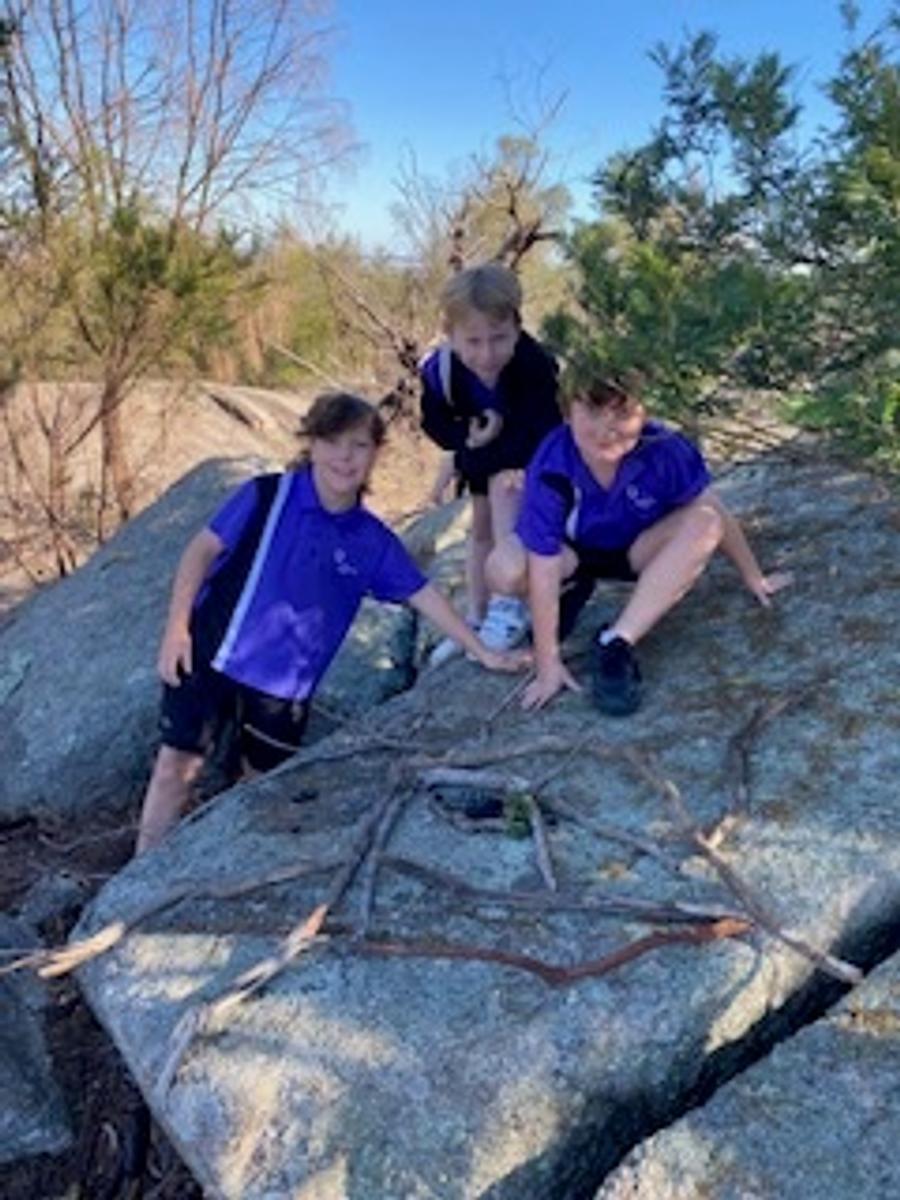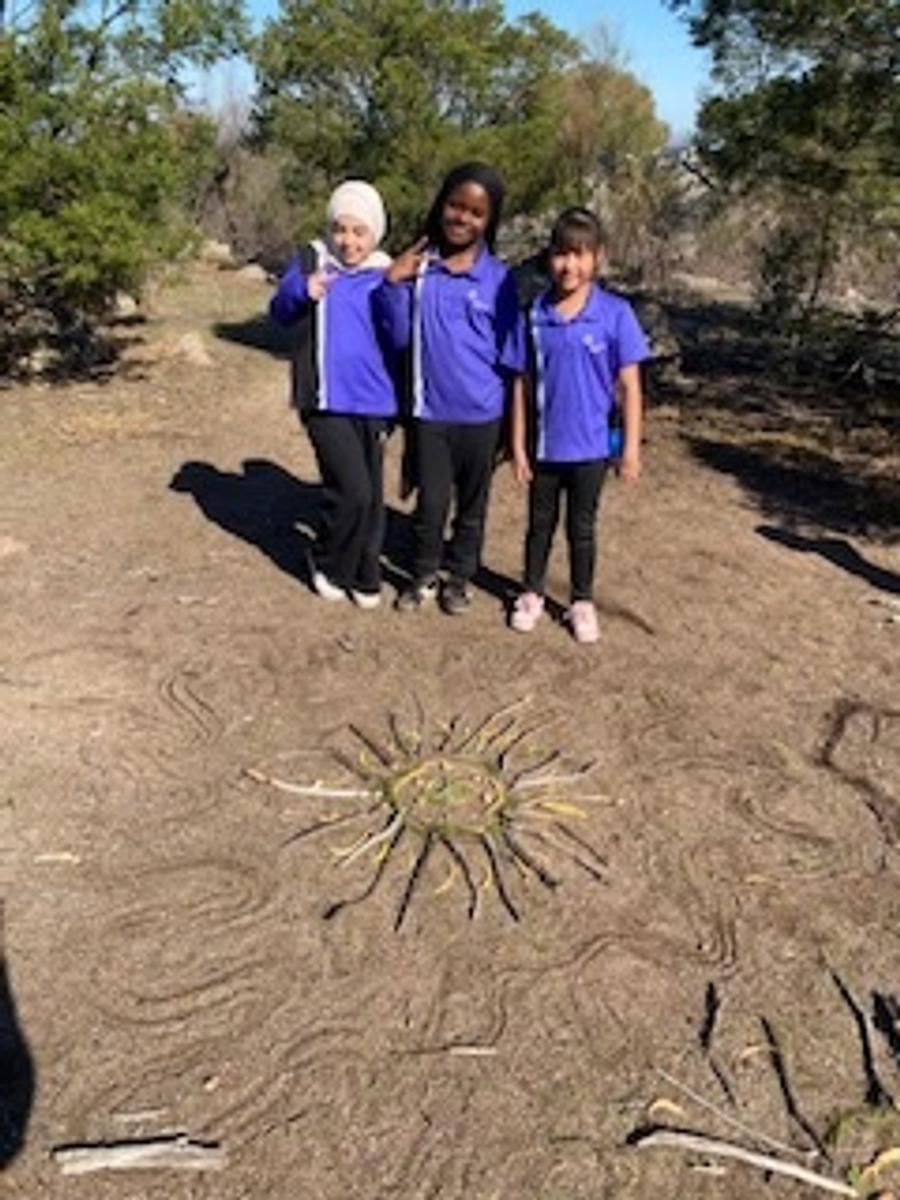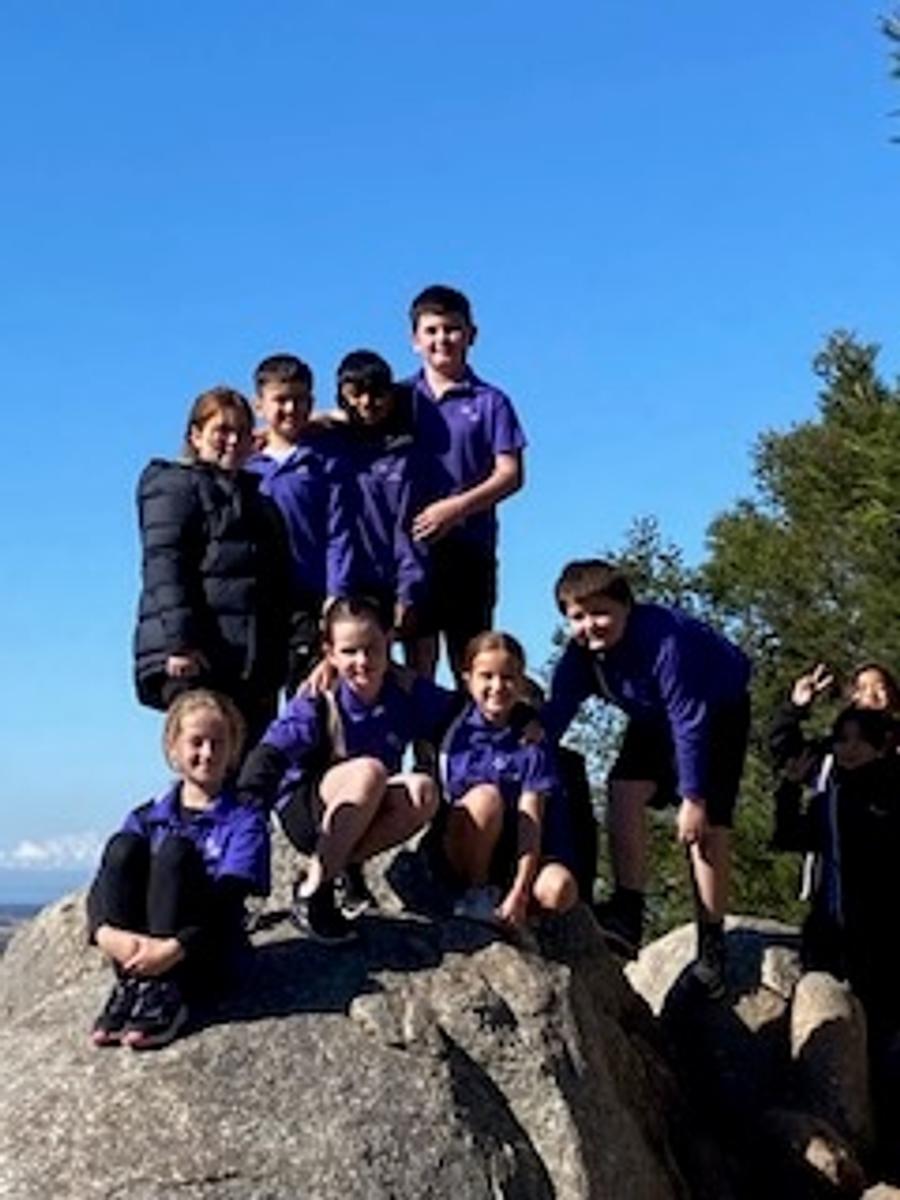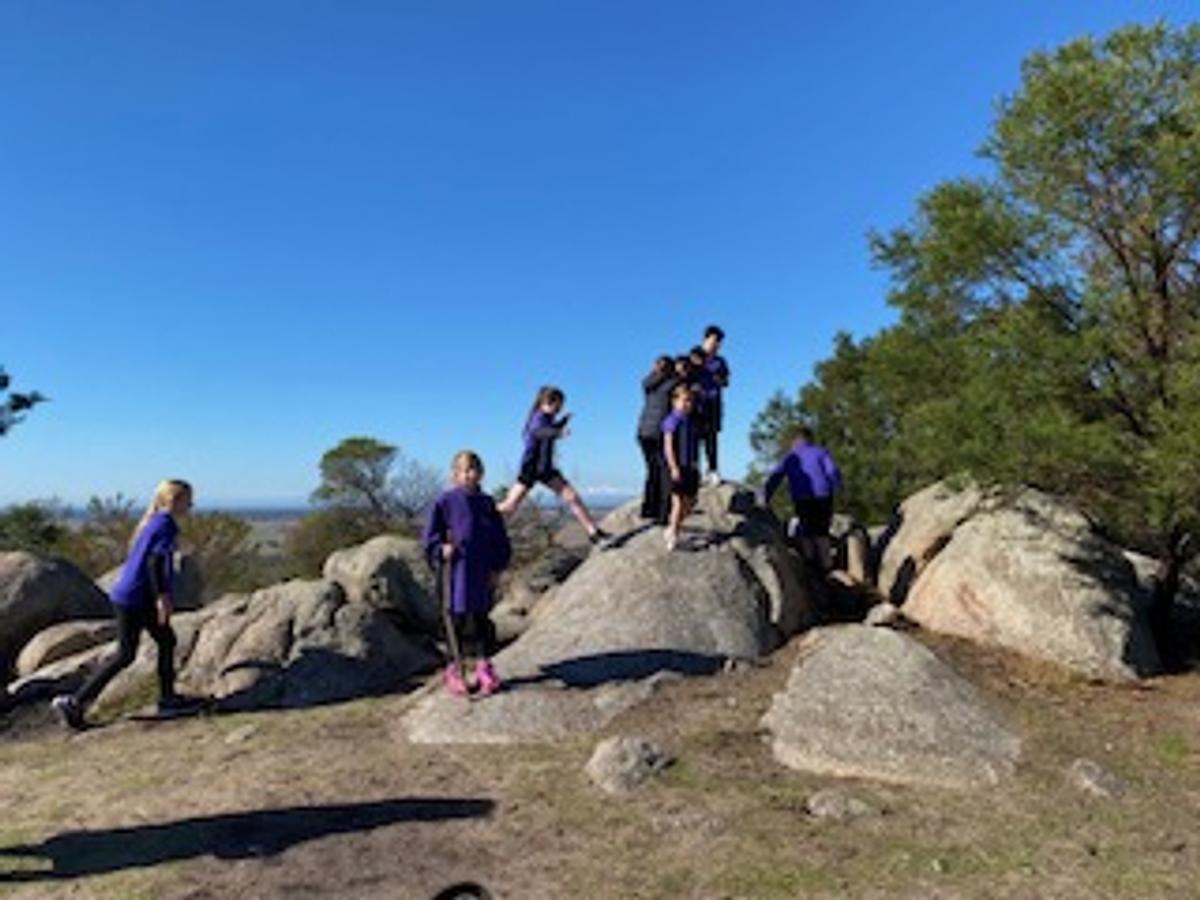Year 3 - 6 Community
May 2025

Year 3 - 6 Community
May 2025
Term 2 already! We have many wonderful things happening in the 3-6 community.
We hope your Year 3/4 child has come home excited from the You Yangs excursion and not too exhausted from all that walking! Keep an eye out for reports that will be available on Xuno by the end of this term, and remember to celebrate with your children all the achievements they have made in this first semester of school.






HASS / Inquiry
This term our 3-6 students will move into the topic of Geography. Year 3 and 4 students will explore Australia’s states, territories and capital cities as well as landmarks both human made and natural. The various climates around Australia and our neighbouring countries will be investigated. Students will investigate the connection the Aboriginal and Torres Strait Islander people have to the land and places.
Our Year 5 and 6 students will explore Australia’s location in the world, as well as investigate indigenous peoples around the world.
What you can to do support at home:
Start a conversation with your children about First Nations people and their role in our community.
Look at your family tree and discuss your own family’s heritage.
Investigate some local landmarks or areas of cultural significance.
English
Students in Years 3–6 will be exploring a range of texts this term. During English lessons, they will examine the structure of various text types and the language devices used to persuade, inform, or engage an audience. Students will have the opportunity to create their own engaging texts in writing, demonstrating what they have learnt. They will also participate in class discussions and collaborative tasks that build their confidence in discussing and interpreting texts.
What you can do at home to support:
Mathematics
In Maths the ¾ students have been focusing on reading and creating simple maps. We used our excursion to the You Yangs to give a real life context to this study. We have linked our focus on Geography to help us understand and use compass points and scale when looking at maps. We have looked at place value, with the idea that “10 of these is one of those”.


In Maths this term, 5/6 students have been focusing on strengthening their understanding of addition and subtraction through practical and problem-solving activities. They have explored different strategies to solve number problems with increasing confidence and accuracy. Students have also been developing their mental maths skills, learning to choose efficient methods for calculations. When looking at measurement, students have focused on area and perimeter through using hands-on tools and real-life contexts. Through these activities, students are learning to estimate, compare, and record measurements accurately.
What you can do at home to support:
Help your child learn addition and subtraction mental strategies or their multiplication times tables.
Share Google Maps or show how you use technology to help you navigate and get from one place to another.
Year 3 / 4 attended an excursion to the You Yangs in Week 2
Years 3-6 Education Week open days (Week 5)
Further details will be provided closer to the date and specific to each campus.
Student Free Days Friday 9th June and Thursday 19th June
Wexford 5/6: Persuasive Writing
In the 5/6 classes at Wexford, we have recently completed a text based unit on the novel Warhorse by Michael Morpurgo. The novel is set in the First World War and recounts the story of Joey, a horse bought by the Army for service in France and the attempts of 15-year-old Albert, his previous owner, to bring him safely home.
At the end of our unit, we wrote persuasive pieces on “Should Horses be Used in Wars?”.
It is essential that horses are never used in the war again. Why you may ask? My three reasons are, it is bad for horses' health, they could die or be left behind and horses can’t give consent that they want to participate in the war. Don’t let them kill more majestic animals!
It is horrible for the horse's health. To be specific, all of the gunpowder being shot in the air could cause horses to get horribly sick. To illustrate my point, the more horses that get sick, the more time the veterans in the war will have to spend trying to save them when they can’t. Therefore, this is why horses should not be used in war.
Horses could die or be left behind. They could get killed or be sold to butchers. For example, how would you feel if you let them kill the horses that were fighting for your life? Millions of horses went to war to just be sold to butchers and killed. How would you feel if that was you? This is why horses absolutely should not be used in war. They could die, be left behind or be killed by butchers when they are sold.
Horses cannot give consent to say they want to participate in the war. Horses might not want to be there because when they get there it might end horribly for them. They should be in nice green fields, not in wars! Horses don’t want to be stuck in trenches or getting stuck in barbed wire. Trust me when I say, that horses should never be used in the war.
As you can see, this is why horses should not be used in war. It is bad for horses health, horses could die or get left behind and finally, horses can’t give consent. Surely now, you believe me!


Juanita Mountjoy
Assistant Principal - Wexford Campus
Year 3 - 6 Stages of Learning Coordinator


Rachelle Koepler
Assistant Principal - Peacock Campus
Year 3 - 6 Stages of Learning Coordinator